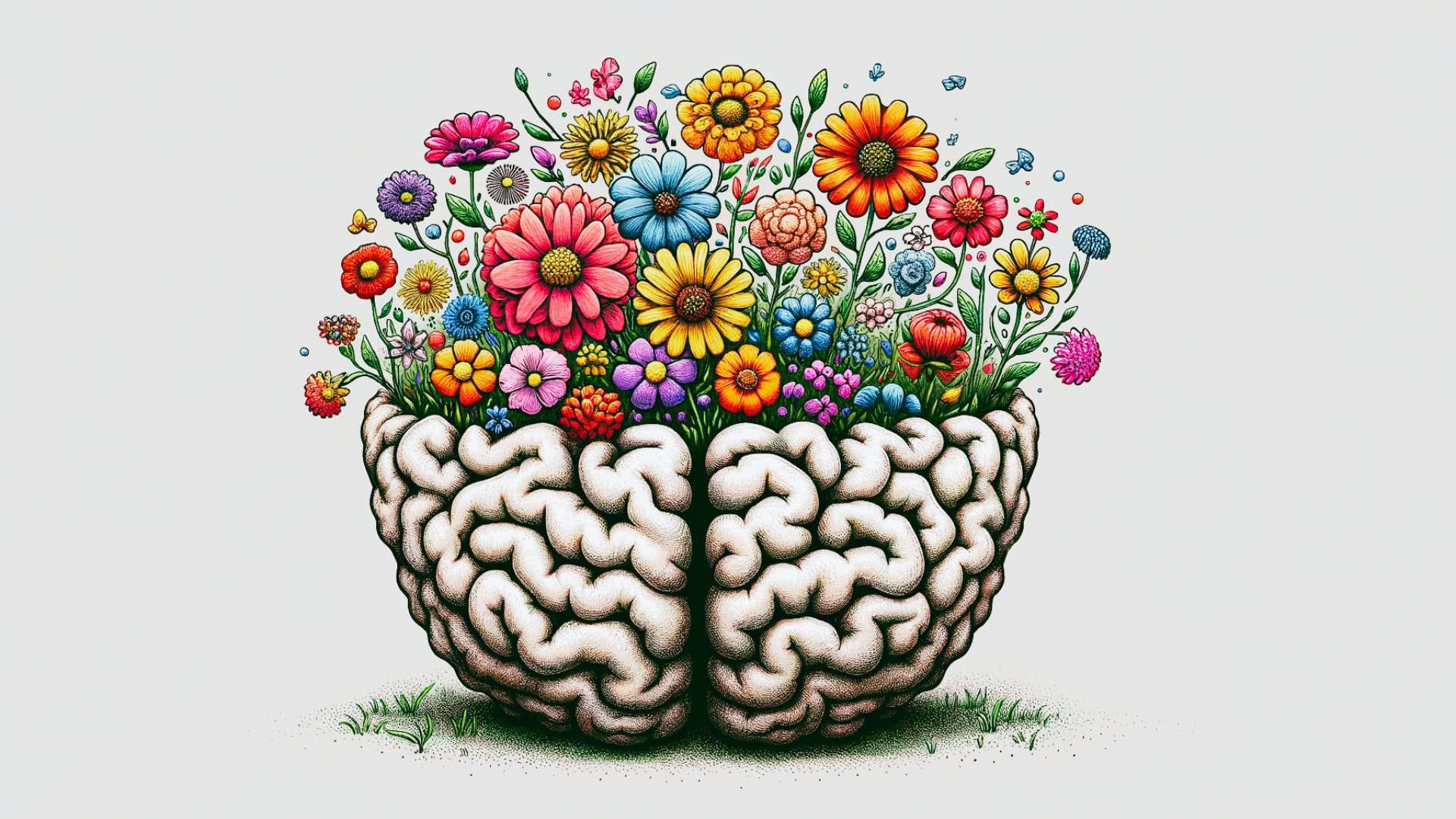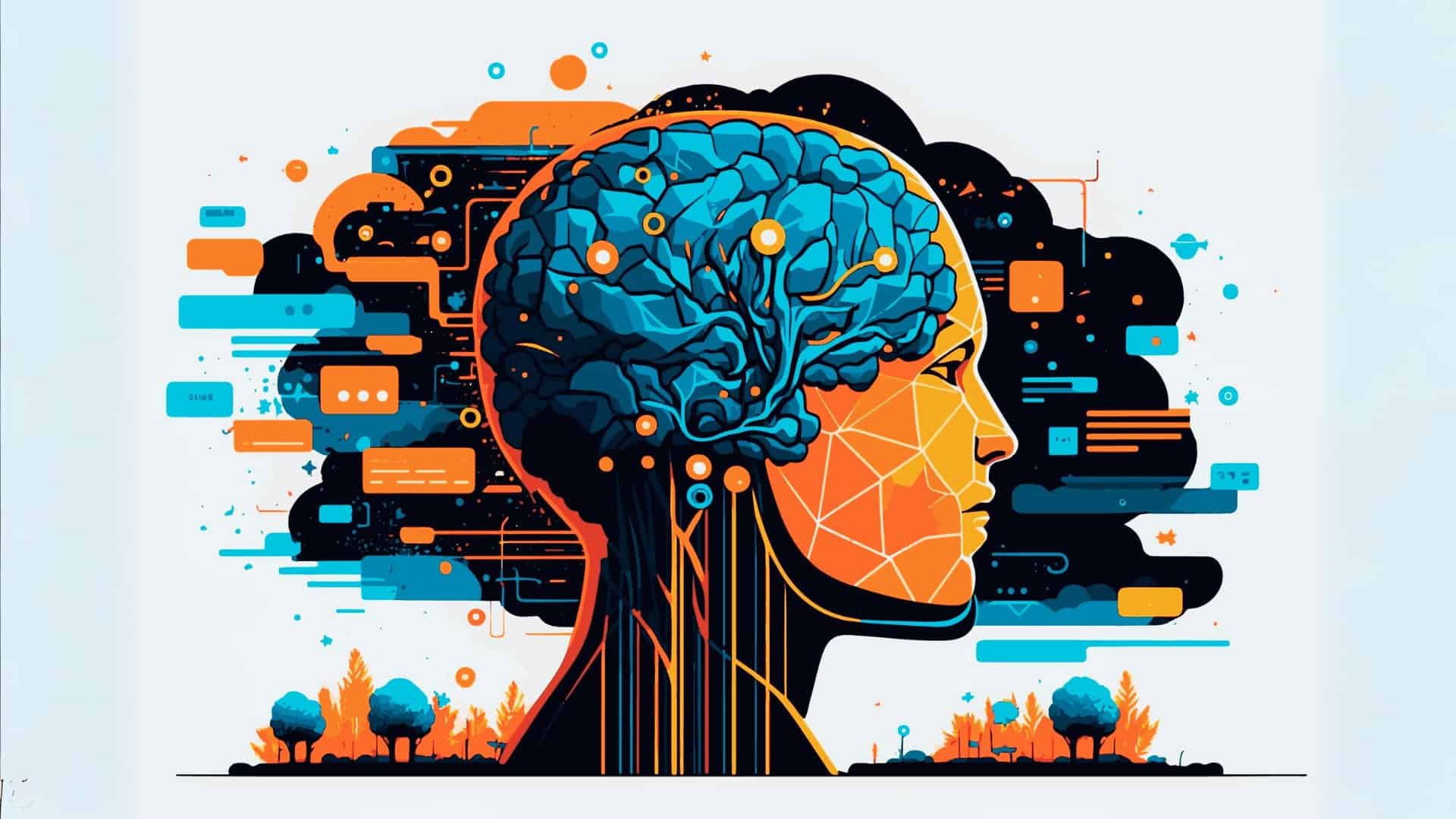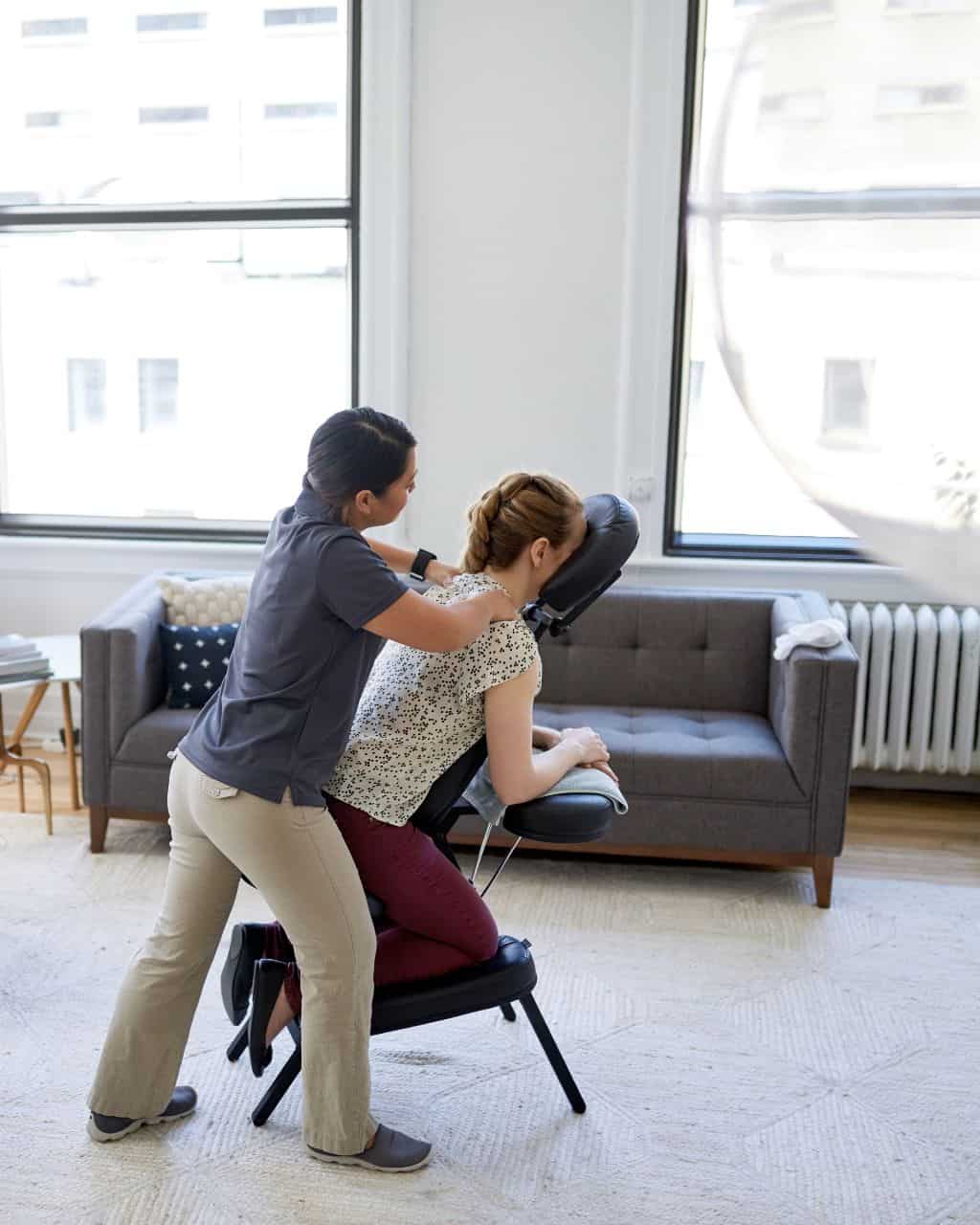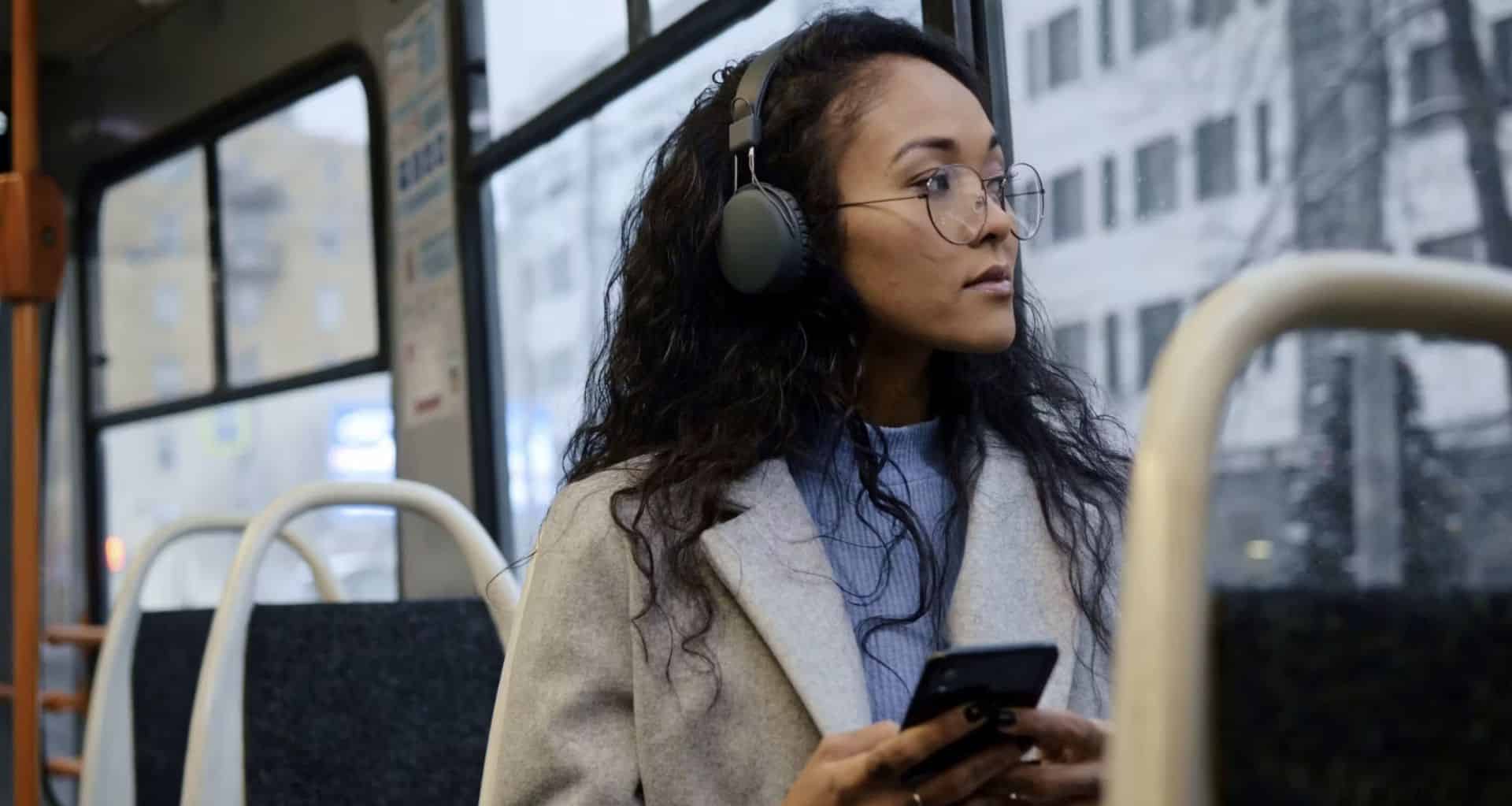
The Classroom Hack That Instantly Improves Student Engagement
Motivating adult learners can be challenging. You put time and effort into your curriculum only to see them sneaking a look at emails on their

The Education Revolution
In the world of massage education, a new chapter is unfolding, one that integrates technology with traditional teaching methods. Anne Williams and Eric Brown, two

Students Who Don’t Seem to Care
Most of us have experienced frustration when our students don’t seem to care about their coursework. It’s mind-boggling – even heartbreaking – that they signed up and paid tuition and now seem resistant and disinterested. In this session, I talk with psychotherapist Anthony Riske about student motivation. Anthony uses Motivational Interviewing as a lens through which to view and understand student resistance and ambivalence. He offers communication tools that help us engage students more effectively to guide them toward their broader goals and values.

Is it possible to get 60 new Clients in 60 Days?
In this short webinar, Eric details the “Give to Get” strategy, one of the most effective marketing strategies to grow your practice fast, all without feeling pushy or having to sell yourself. This information-rich webinar is based on the online course 60 Clients in 60 Days.

Stop telling Your Clients to Relax
How often do we instruct our clients to relax? Relax your neck. Relax. Relax your arm. Just relax. Relax your hand. Relax it. If only

Why Short, Spaced, Smartphone-Based Study Works for Adult Students
Learning must slot into the margins of adult lives to be practical. Even when students attend all their classes, their grades may suffer if they can’t find enough time for out-of-class review.

Supporting Adult Learners with Literacy Challenges
Reading literacy, as defined by the Program for the International Assessment of Adult Competencies (PIAAC), encompasses the ability to understand, evaluate, use, and engage with

An Introduction to Social Media in Massage Classrooms
In today’s digital age, an overwhelming 90% of U.S. adults use social media on their mobile devices daily. Leading the pack is YouTube, boasting a

Student Guidelines for Online Communication
If your students use social media platforms for coursework, peer discussion, or projects, you’ll want to provide clear guidelines for engaging with peers safely and

Harnessing the Power of Rubrics for Hands-On Skill Learning
In massage education, we typically use rubrics as assessment tools for scoring student performance of hands-on skills. Rubrics communicate explicit criteria for the ideal, acceptable, or unacceptable performance of bodywork techniques, allowing for fair, reliable, and consistent grading.

An Overview of Peer Learning in Adult Classrooms
Peer learning is a powerful educational approach where students learn from each other formally and informally. In classroom settings, peers undertake structured activities to learn

Peer-Learning in Online Courses
Today’s digital tools make it easier for teachers to facilitate peer interaction in online coursework. Here are some of the ways to facilitate peer learning in online courses.

Embracing Growth: Carol Dweck’s Growth Mindset and Its Application in Adult Education
Carol Dweck’s groundbreaking work on mindset changed how we understand learning and intelligence. At the heart of her decades-long research is the concept of the

An Introduction to Gamified Learning
In this article, we’ll discuss the benefits and challenges of gamified learning, the principles and components of gamification, and example activities, emphasizing teacher-created content for brick-and-mortar classrooms.

Chair Massage and the Fainting Phenomenon
In this fascinating presentation, The Fainting Phenomenon: Why People Faint When Getting Chair Massage, Eric Brown explores one of the most mysterious aspects of chair massage: The Fainting Phenomenon.

Embracing the Digital Wave: Why Schools need to Transition to Digital Massage Textbooks
In today’s rapidly evolving world, digital technology has permeated every aspect of our lives, including education. As instructors, we have the responsibility to adapt our